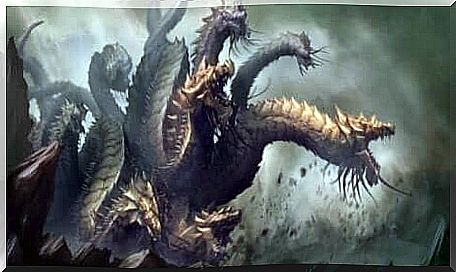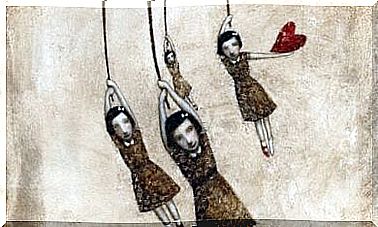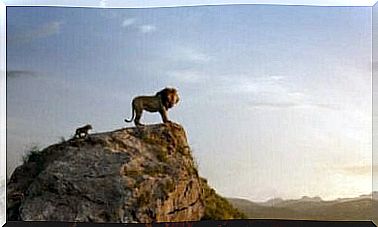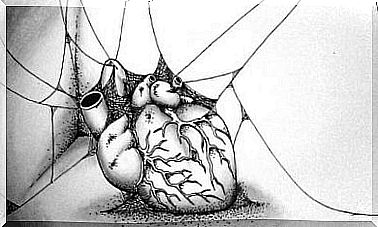Become Anti-fragile – Navigate In Uncertainty

Chaos, insecurity, instability, unforeseen events, hyperconnectivity, loneliness, fear … In times of crisis, any of these terms can aptly describe human society. But there is one survival strategy that you may find helpful: learning to become anti-fragile. This interesting concept was popularized in 2012 by Lebanese essayist Nassim Nicholas Taleb.
Learning to survive and grow in an ever changing and challenging environment is difficult to say the least. But while many succeed in doing just that, others go a step further and learn to make the most of times of great turbulence.
When it comes to defining the term “antifragile” , the metaphor of the hydra is often used – a mythical snake that was almost impossible to kill. When a head was cut off, two new ones would emerge from the open wound.
This image is a fitting analogy to describe those people who can react well to pressure despite pain, stress, and difficulty .
Of course, that is easier said than done. Everyone has to experience weakness and fragility first, so that he or she understands what failure means, what it means to fail, and what it feels like to have hit rock bottom.
Only when you discover the true meaning of adversity and heal your mental wounds can you emerge stronger from these situations. And only then can you learn to become what Taleb calls “anti-fragile”.

Become anti-fragile
In 2007, Nassim Taleb published his book The Black Swan: The Power of Highly Unlikely Events. It focuses on dealing with unexpected and unpredictable events that occur in the course of life. Somehow, this New York University researcher and mathematician forced us to realize that we have become used to taking too many things for granted. As a result, there is too little space left for the chaos factor that can change any area of our reality at any moment.
The black swan theory describes an event that occurs unexpectedly and usually has significant consequences. This could be an economic or health crisis, personal loss, or unexpected failure.
The first lesson Taleb teaches us in his now legendary book is that we must learn to accept that we cannot control every aspect of our life at all times. Five years later, he added another idea to this theory with the triad fragile, robust and antifragile.
If you want to navigate the stormy waters and black swans of modern life, you need to learn to become anti-fragile. But why? It’s actually very simple: to deal with the stress of unexpected events. And to develop a calm, attentive, and skillful approach that can help you survive in any chaotic situation and any demanding, unexpected, and complex experience.
Fragile, robust and anti-fragile
Nassim Taleb explains that when faced with difficult experiences, people can exhibit three different behaviors:
- For example, you can be fragile. In fact, everyone has probably already experienced such a state in a certain phase of their life. To be fragile means to live in permanent and almost unbearable fear. The author gives the example of Damocles, who always had a sword hanging over his head, which put his life in permanent danger. The stress you experience when you know something bad is about to happen but you don’t know what to do about it leads you into a state of perpetual suffering.
- But it is also possible to be strong and sturdy. Taleb cites the example of the phoenix. A creature that rises from the ashes stronger, but neither wiser nor wiser.
- Finally, Taleb focuses on what it means to learn to be anti-fragile. He compares this to a hydra. If a head is cut off, two new ones will grow back at this point. To be anti-fragile means to act with ingenuity in the midst of chaos and to transform difficult and stressful situations into opportunities for growth and new capacity to act.

Are resilience and anti-fragility the same thing?
The concept of anti-fragility originally comes from economics, while the term resilience comes from physics.
Nevertheless, both concepts have found their way into psychology, especially in the field of personal growth. As a result , many people wonder whether both terms can be used interchangeably. Surprisingly, the answer to that is no.
Resilience describes your ability to adapt to adverse situations, to learn from them and to emerge stronger from them. Antifragility is more than just adapting to difficult, uncertain, or challenging times. It is the ability to take full advantage of adversity and see an opportunity in uncertain times for growth and power.
How can you become anti-fragile?
Of course humans are not hydrates. Learning antifragility doesn’t mean you should turn into a cold, callous monster or get more aggressive. Instead, being anti-fragile means:
- To learn how to deal with stress.
- Understand and accept your emotions.
- Using your fears to your advantage instead of letting them control you. Hence, you should use them to strengthen your determination, improve your ability to overcome adversity, and help you succeed.
- In addition, anti-fragility means being creative and finding different solutions to a problem.
- Accepting insecurities and understanding that life can change. You should also recognize that the things that you take for granted today may no longer exist tomorrow.
- Making a conscious choice to accept change rather than fear it.
- Understand your own needs and take action to meet them.
- Being anti-fragile also means that you recognize the opportunities that are presented to you and seize them.
In conclusion, antifragility is an excellent survival strategy that you can fall back on. Therefore, you should try to put some of these tips into practice in your daily life and see what changes it will make for you!









